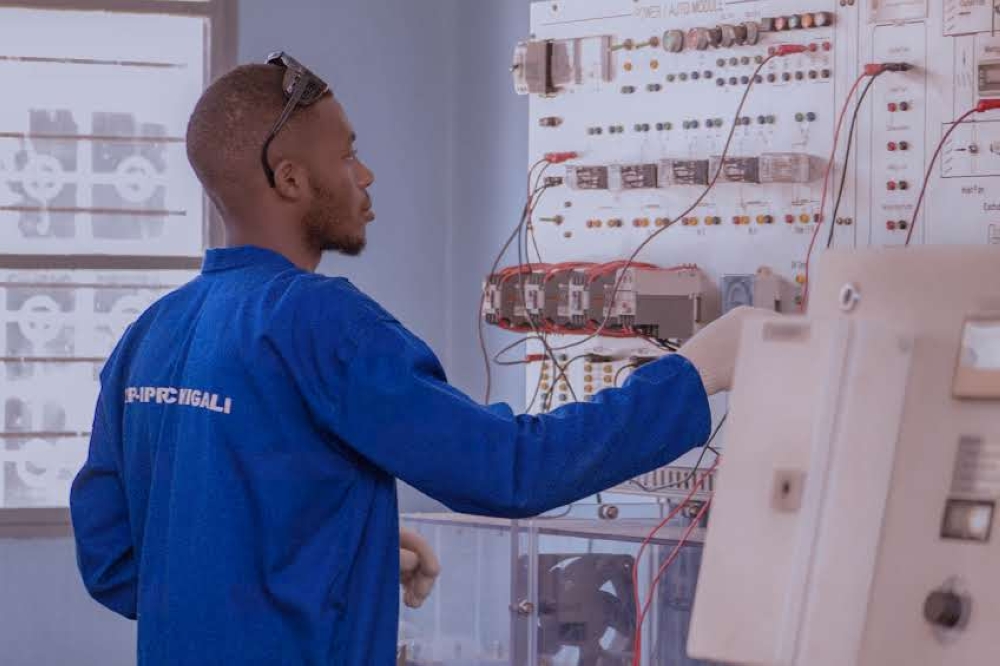

Rwanda is committed to be a knowledge-based economy with remarkable socio-economic transformation leading to a middle-income country by 2035.
One of the main inputs to achieve this aspiration is to have a strong human capital that can drive the national development agenda.
TVET is one of the sectors that have proven potential to produce qualified human capital equipped with employable skills that can respond to the Rwandan development challenges.
Rwanda Polytechnic, being the only public higher learning institution in TVET, is expected to offer the needed human capital that can produce technological and innovative solutions to these development challenges.
The new Rwanda Qualification Framework introduces additional qualifications types of Bachelor of Technology (BTech) and Master of Technology (MTech) in TVET sub-sector that are meant to graduate highly competent individuals. Until March 2023, Rwanda Polytechnic was offering Advanced Diploma Certificate (A1) equivalent to three years at tertiary level.
Graduates of BTech are expected to have strong technological and innovative ability to conceive, experiment, manipulate, prototype and deliver industrial concepts, products and services capable of catering to the evolving needs of society.
RP introduced BTech programmes in March 2023 starting with Automobile Technology and Construction Technology, currently hosted in two colleges, IPRC Kigali and Huye respectively. RP plans to scale up this qualification to other programmes and colleges.


The scaling up process will be done progressively based on demand and resource availability. It is envisaged to start five new BTech programmes before the end of the year in the academic year 2023/2024. These programs are:
1. BTech in Manufacturing Technology at IPRC Ngoma 2. BTech in Wood Technology at IPRC Kitabi 3. BTech in Electrical Technology at IPRC Musanze 4. BTech in Food Processing at IPRC Musanze 5. BTech in Information Technology at IPRC Tumba These programmes will adopt innovative teaching approach taking into consideration the current dynamic world of technology by taking the students beyond textbook learning to "advanced hands-on” experiences through laboratory/workshop, industry-based training with a problem-based learning approach.
The programmes are designed for students who learn best by doing and provide a good balance between theoretical and practical experiences by applying technological skills gained in the classroom to the real-life environment. Graduates in BTech programs are likely to be employed in industries as technical engineers with functions such as industrial design, production, and manufacturing engineers and site engineers. It is anticipated that during the next academic year, some of these new programmes will be rolled out to other colleges that already offer them at A1.


